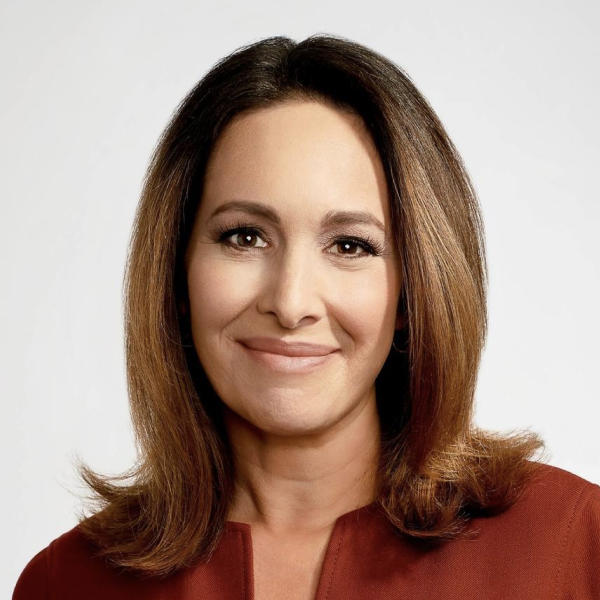Will the Summit Impact Health Reform?
How will Thursday's summit change the president's $950 billion plan? An expert says it won't.
"Republicans have been clear they're not willing to work with the existing bill," said Thomas Mann, a senior fellow with the Brookings Institution. "So at this point President Obama and the Democratic leaders are looking to find votes on the Democratic side of the aisle."
Mr. Obama's plan, based on bills that passed the House and Senate, aims to extend coverage to 31 million uninsured Americans by mandating that everyone get insurance, providing generous subsidies to lower income Americans, and by setting up state-based insurance exchanges for small business or people in the individual market.
"It's a Republican idea. It works. What I like about exchanges, it's like Orbitz. It's like Expedia. You know, you go to Orbitz or Expedia to buy an airline ticket, you compare, get the best price," said Sen. Max Baucus, D-Mont.
Special Report: Health Care Reform
Another Republican idea in the plan is allowing Americans to buy insurance across state lines. Both sides agree insurers should not be able to discriminate due to preexisting conditions, and the White House beefed up proposals to attack fraud and waste in Medicare in response to GOP urging.
But there's one big Republican priority that's not in the plan - major medical malpractice reform.
"A large portion of the tests we order every day aren't for patients," said Sen. Tom Coburn, R-Okla. "They're for doctors. And the reason they're there is because we are risk averse to the tort system."
To offset the plan's huge price tag, Democrats want to trim Medicare by half a trillion dollars over 10 years, largely by slashing private "Medicare Advantage" programs. They also tax the pharmaceutical and medical device industries, and a tax on high-priced insurance plans.
"All of the different fees inevitably increase costs on consumers," said Sen. John Kyl, R-Ariz.
To pass this plan without Republican support, Democrats in the Senate would likely have to resort to reconciliation, a process that only requires 51 votes but it's normally reserved for budget matters, not enormous policy undertaking like this one.
Political Hotsheet: Live Blog of the Health Care Summit
Photos: Health Care Summit
CBS News anchor Katie Couric spoke with Cordes and Chief White House correspondent Chip Reid about the summit.
Couric: Did the president accomplish what he needed to do today?
Reid: He really did. What he really wanted to do was convince the American people, and more correspondently, wavering democrats in congress, that the Republicans are the party of "no." They won't compromise and he now has no choice but to move ahead with Democrats alone.
Couric: The democrats, as Chip said, will now go it alone. Do they have the votes they need the, 51 in the senate, 218 in the house, especially with many nervous Democrats facing midterm election nine months from now?
Cordes: Moderates in the Senate who were initially opposed to reconciliation appear to be coming around, mostly because the political stakes are so high. But in the house it's a different matter. Even the speaker of the house, Nancy Pelosi, admits she may not have the votes she needs because many of her members are reluctant to take yet another vote on this controversial matter.
More Coverage of the Health Care Summit:
Obama and Republicans: Who Will Blink First?
Marc Ambinder: The Summit was a Tie -- And That's Good News for GOP
Both Sides Dig in Heels at Health Care Summit
Will the Summit Impact Health Reform?
At Health Care Summit, More Pomp than Pith
Fact Check: The Health Care Summit
Reaction and Analysis on Washington Unplugged
All Hotsheet Coverage
